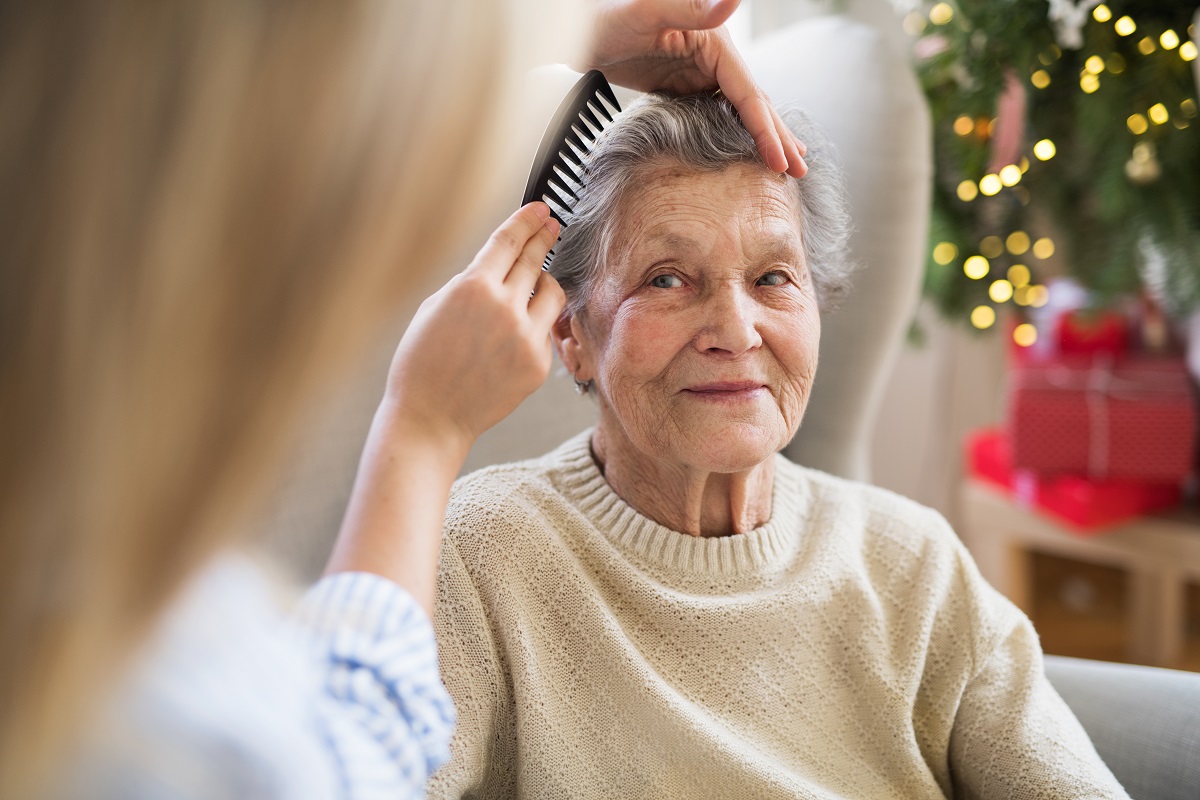People who care for someone are not receiving enough community support and face a lack of understanding and awareness.
There are 6.5million people in the UK who care for someone and 540,000 of them care for someone with dementia. However, new research from a report by Carers UK has found 74% of carers feel they don’t get enough community support and many people don’t understand or value their caring role.
Key local services highlighted included GP surgeries, public transport, social services, dentists, pharmacies and hospitals, and many are failing to provide enough advice and support.
Ultimately, this impacts on the health and wellbeing of the carer, affecting their ability to balance work and care, for example, which can have a negative impact on their life chances. The research discovered;
– Over half of carers (51%) have let a health problem go untreated
– Half of carers (50%) have seen their mental health get worse
– Two thirds of carers (66%) have given up work or reduced their hours to care
– Almost half of carers (47%) have struggled financially
– Almost one third of carers (31%) only get help when it is an emergency
However, the report, entitled Building Carer Friendly Communities, also highlighted the benefits that can occur when carers ARE adequately supported, including being three times more likely to maintain a healthy lifestyle and three times more likely to maintain relationships with close friends and family.
Carers who aren’t supported by their communities are twice as likely to be never be able to balance work with care.
In the report, one carer said:
‘As a carer attempting to get understanding, advice, support and emergency care from the “community” – such as GP, public transport, social services, dentist pharmacies and hospitals – it can be very challenging, exhausting and beyond stressful.’
Another carer said:
‘I find my care needs pushed further and further away until they break down completely and become an emergency. Last time this happened, I was in hospital for 10 days.’
Emily Holzhausen, who leads the Carers Week partnership, said:
‘Carers have told us that it makes a huge difference to their lives when they are supported by their local services and communities; whether that’s being offered a flexible appointment to see their GP, having flexible working policies from their employers, or their school raising awareness of caring and disability.
‘Despite this, the majority of carers told us that their local community was not supportive of their caring role, which in turn is having a significant and negatively impact on their life chances.
‘This report comes at an opportune moment, with a new Carers’ Strategy in development in England, and new governments forming across Scotland, Wales and Northern Ireland. We’re calling on individuals, organisations and governments to think about what they can do to improve the lives of carers in their community.’
SHARE
Explore more




